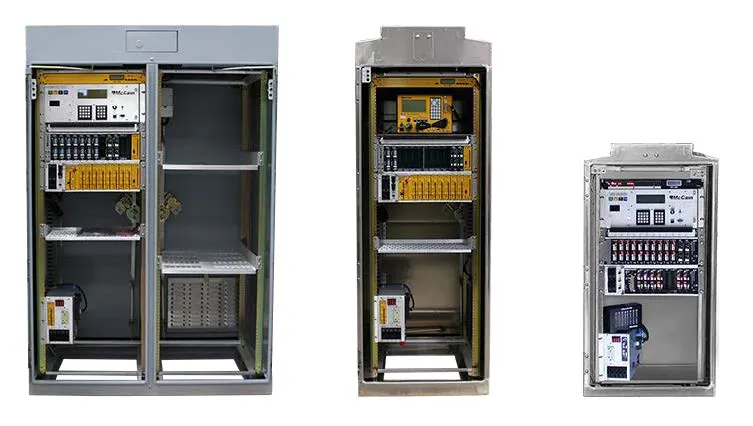Internet of Things electric vehicle (EV) charging solution provider, Emotorwerks has expanded its operations to Europe and released its JuiceBox Pro 32 EV charging station to help deliver smart-grid charging capabilities to consumers. It follows the company’s recent acquisition of Enel.
JuiceBox Pro 32 will work alongside the Juicenet software platform with the intention of providing drivers with high-powered charging, reliability and smartphone visibility and control over charging. In addition, these products are said to complement Enel’s public charge point solutions and fast-charging direct charge stations that are already being delivered in Europe.
Emotorwerks’ new offices are in Germany, London and Paris.
Vincent Schachter, SVP energy services, said:"JuiceBox and JuiceNet are the next generation charging technologies for the EV market, and are already broadly deployed in North America. The progress we have made allows Enel and our partners from the energy and automotive industries to dynamically shape EV load demand in response to grid signals, avoid demand spikes, exert greater control over regional EV charging, as well as minimize costly grid upgrades and peak energy acquisition costs; all in the service of making EV driving a smoother, grid-friendly, more affordable experience."
Emotorwerks Expands in Europe to accelerate Smart-Grid EV Charging
Internet of Things electric vehicle (EV) charging solution provider, Emotorwerks has expanded its operations to Europe and released its JuiceBox Pro 32 EV charging station to help deliver smart-grid charging capabilities to consumers. It follows the company’s recent acquisition of Enel. JuiceBox Pro 32 will work alongside the Juicenet software platform with the intention of providing drivers with high-powered charging, reliability and smartphone visibility and control over charging. In addition, these
March 6, 2018
Read time: 2 mins









